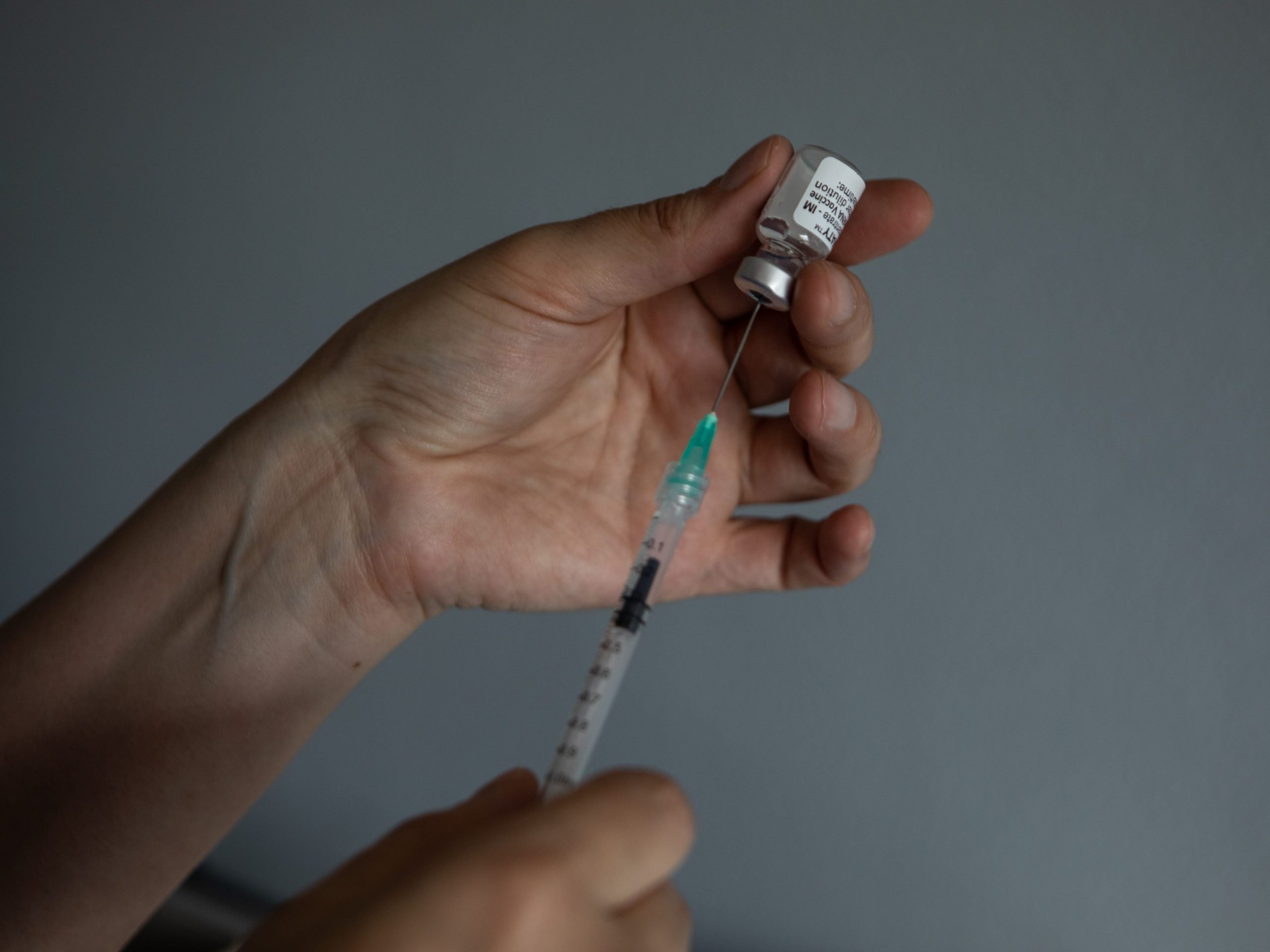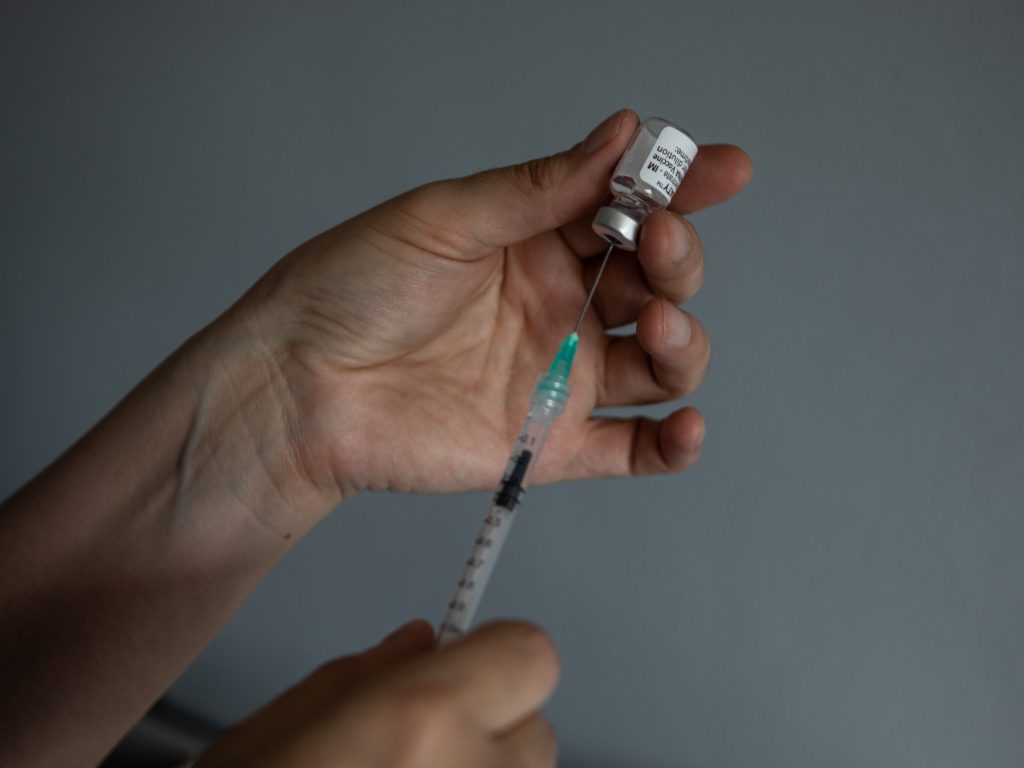
- The US National Institutes of Health will analyze study participants' T cells and antibodies.
- It's unclear whether people with immune disorders generate a robust immune response to the available the COVID-19 vaccines.
- A study found that those taking immunosuppressants were less likely to have developed a high level of antibodies after a jab.
- See more stories on Insider's business page.
The National Institutes of Health has launched a study to study how people with immune disorders respond to COVID-19 vaccines.
The study will include people with autoimmune diseases, such as celiac or lupus, and people on immunosuppressant medications, including those who've undergone a transplant or who have HIV/AIDS.
The US has thrown its weight behind vaccines in the hope that the three available shots – from Pfizer-BioNTech, Moderna, and Johnson & Johnson – will provide a route out of the pandemic.
Last week, with data showing more than a third of Americans are fully vaccinated, the Centers for Diseases Control and Prevention said, in most cases, fully vaccinated people no longer need to wear masks or physically distance from others.
"If you are fully vaccinated, you can start doing the things that you had stopped doing because of the pandemic," CDC Director Rochelle Walensky said at a press briefing.
But questions remain for people with immune disorders, who were excluded from the COVID-19 vaccine clinical trials. As with pregnant people, the immunocompromised are not included in US clinical trials given the higher risks of adverse events if there were safety issues with the medication being developed.
Studies suggest people on immunosuppressants had a lower antibody response to the COVID-19 vaccine
In a recent study, researchers gauged how organ transplant recipients taking antimetabolites, a type of immunosuppressant drug, responded to the Pfizer or Moderna vaccine compared to patients who did not take antimetabolites.
Of the 473 participants who were taking the immunosuppressant, only 35% generated an antibody response after the second dose. Meanwhile, 50% of the 185 patients not taking the immunosuppressant had an antibody response after the second dose.
"I am quite disappointed that a significant amount of transplant patients did not get a reasonable response from both doses of the vaccine," Dr. Dorry Segev, study author and associate vice chair for research and professor of surgery at Johns Hopkins University, told NBC.
In two preprint studies, that have yet to be peer-reviewed by independent scientists, people taking immunosuppressants for blood cancers or inflammatory disorders generated fewer antibodies after receiving a COVID-19 vaccine compared to people without an immune disorder.
One limitation of the study, however, is that it did not assess the participants' T cell response, which can provide protection against the coronavirus even in people who do not have high levels of antibodies.
So far, it's unclear whether T cells or antibodies are better at protecting against COVID-19, Dr. Catherine Schuster-Bruce previously reported.
Emily Ricotta, a research fellow at the NIH and lead investigator of the study, said it's imperative we find answers to these questions as early as possible. "We understand how frustrating it is," she told NBC. "This has been a long, hard year for everybody and to have to continue that vigilance is tiring."
